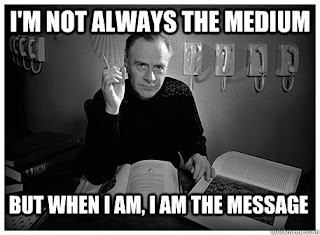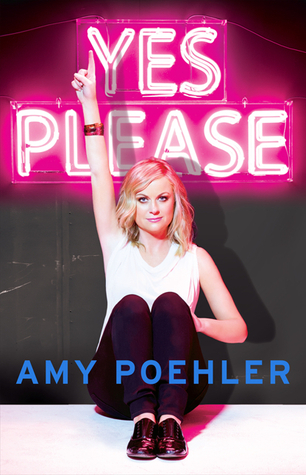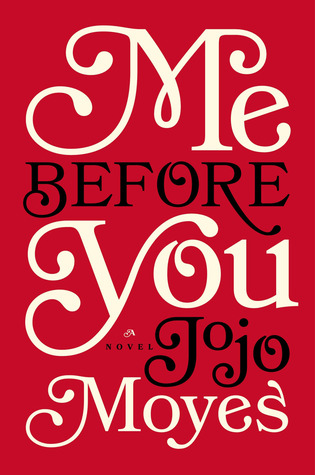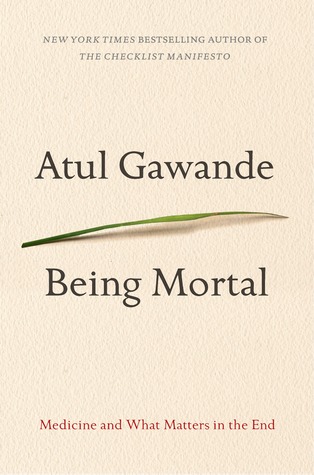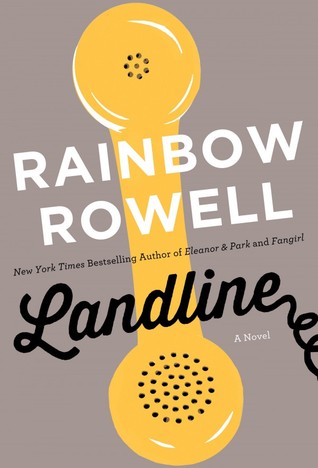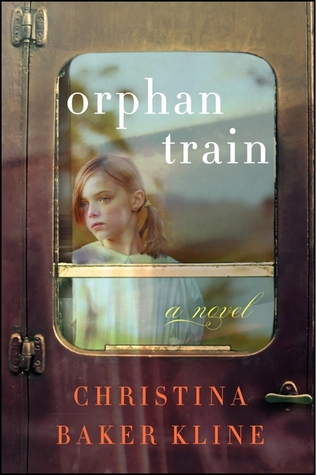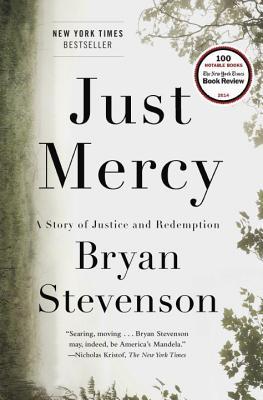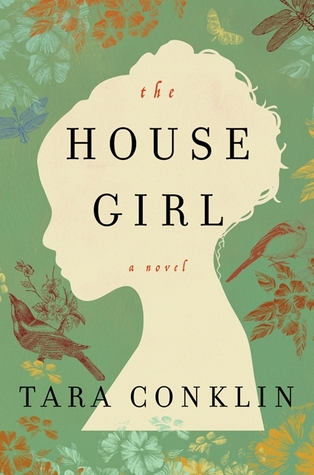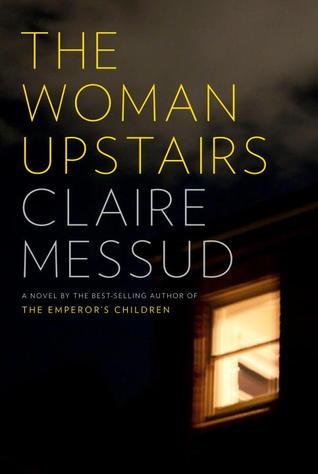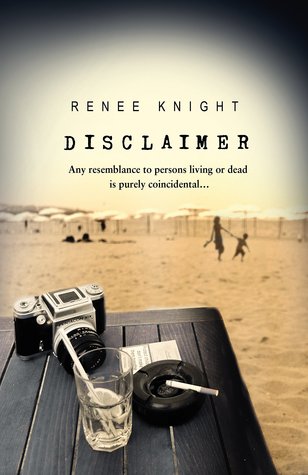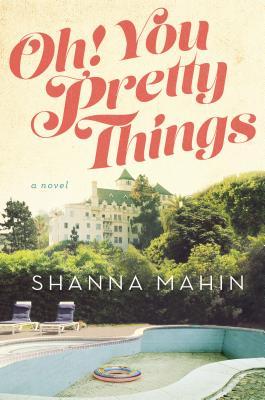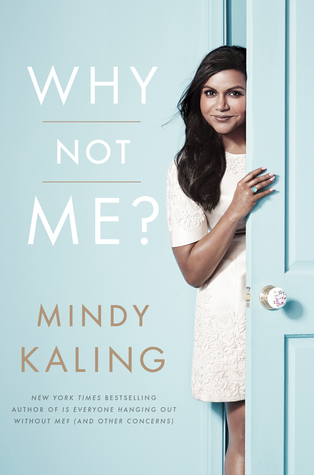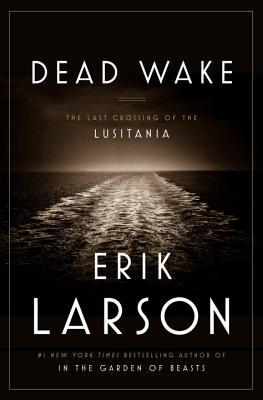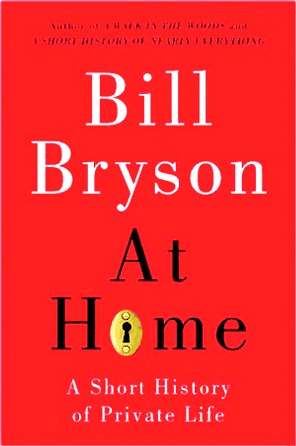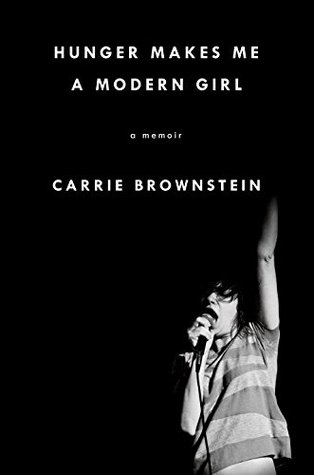Since starting this blog, I've talked to several people who have thought about starting their own blog, and almost always they are great writers and would be a welcome addition to the blogosphere - if you are one of those people who thinks about starting a blog, this post goes out to you. I'm going to discuss some of the things I've enjoyed about writing a blog, some of the things I was worried about (and whether they came to pass), and tips for those who are thinking about starting their own blog. I'm also going to do a brief Erin's Blog in review, because it wouldn't be a blogaversary without some celebration of old posts!
What I get out of writing a blog and why you should do it too:
- Creative outlet - Most of my time these days is spent meeting the needs of my kids (martyr alert!). So it's been really restorative for me to work on a project that is my own thing, done solely because I want to. Also, it's been really helpful to have this space dedicated to working on my thinking and writing. Not that this blog is some deep, literary endeavor, but you'd be surprised how much even the light and silly posts cause you to think creatively and try to craft your prose well.
- Risk is good for us - I will discuss what I perceived the risks to be below, but suffice it to say that I initially perceived blogging as terrifying. Eleanor Roosevelt said that you should do one thing each day that scares you. So every time I write out my thoughts and feelings, and then publish them, and then advertise that I published them by putting a link on social media -- I'm building up my capacity to be brave.
- Chance to discuss things more in depth - I think there used to be (and maybe still is?) the perception that you have to be pretty narcissistic to write a blog. Why would the world care to read as you spout your thoughts about every random thing? I think the fact that we're living in the age of reality TV and social media turns the role of blogs upside down. Maybe it used to be the case that blogs were the lightest, most navel gazing form of communication. But now I think they're a chance to delve deeper into a topic than the ways we primarily communicate (text, email, status update). I can write a one sentence Facebook update about Joshua's health or I can type out several paragraphs in my blog. I can post a meme about a current event, or I can write in a much more nuanced way in a blog post. Blogs are a chance to expand, and if things go really well, to elevate, the conversation.
Things I worried about when I first started the blog and how they turned out:
- No one will read it: Mostly this doesn't happen, but every once in awhile it (pretty much) does - and it's okay. You just move on to the next post, and usually it turns out the readers will come back. After you've done a bunch of posts, you start to get a sense of what is really going to bring out the readers (Joshua health updates are my most popular) and what is likely going to bomb (book reviews), and you can mentally prepare accordingly.
- I have nothing to say / it will be dumb: You can handle having nothing to say two ways - 1) only write when you feel the inspiration (the big problem with this is if you go through a long dry spell, your blog dies), or 2) prepare for the times when you feel less inspired by frequently thinking about ideas for blog posts and writing down ideas for the future. After a few months of getting out everything you always wanted to say, coming up with ideas is the hardest part of regular blogging, so having a list of ideas helps you in the weeks when your inspiration well is coming up dry. As far as the content being dumb, some of your blog posts will be stronger than others, but if you are the type of person to do a blog, your writing is probably on point and your posts won't be dumb.
- Readers will be mean and trample upon my sensitive feelings: This has literally never happened, and I do indeed have sensitive feelings about my writing. I've had readers disagree with me many times, sometimes strongly, but they have always been kind and respectful. It helps when your blog readership stays within your circle of friends and aquaintances, so even though people are commenting over the Internet, they also know you in real life and don't get the same mob mentality that it's okay to say mean things and make personal attacks.
- I don't want people to read my writing: Now I like it! I've gone from being prideful one way (afraid of having people read my writing and tell me it's no good when I think it is good) to prideful another way (feeling much more confident in my writing and wanting a bunch of people to read it).
- I don't want to unintentionally hurt / offend my friends and family: -- This is the hardest part of blogging for me. I don't worry about this so much with opinion posts, but more in personal / family posts. You never know who exactly is reading your blog, and I like to try to be sensitive to my audience. When discussing parenting, for example, I would prefer to tailor my topic and tone differently for people who are childless (maybe by choice, maybe not), another for fellow parents, another for fellow special needs parents, maybe yet another for parents who have lost a child. You can't do this with a blog, so you do your best to be sensitive to whoever might come along, and you plow ahead. I don't usually write about tremendously controversial or hurtful things, but you never know where people's tender spots are.
Tips for getting started:
- Post at least once per week for the first several months. This will get you in the habit of 1) making time to blog, 2) looking for ideas all the time. It will also eventually lead you to write some posts that are winners and some that are losers, and you will be able to get past both of those experiences and write without primarily thinking about how your blog is going to be received. After you've gotten in the habit of regularly thinking of ideas and writing, you can shift to a pace that works best for you. I wrote once a week for the first 6 months, and I now try to write at least once a month, which feels much more sustainable - but if I wrote less than this, it would be easy to just forget to blog altogether.
- Consider limiting your universe of topics. I don't formally do this, but I have a limited range of things I like to write about (parenting / special needs parenting, faith, book reviews, opinion pieces, and very occasionally other stuff). Sometimes having an unlimited choice of things to write about feels so overwhelming that you can't narrow it down to any one thing. If you decide to dedicated your blog to a specific topic, like trying Pinterest projects, or analyzing current events, or updates on your child's first couple years - you can cut way down on time spent thinking of ideas and get right down to writing.
- Post a link to your blog on Facebook / Twitter. Blogs are a lot more fun when they are interactive, and people are much more likely to read your blog if you post it on Facebook. Some people will stumble upon it other ways - RSS feed, cruising the blogosphere, regularly checking for updates - but you will get more readers, and more comments to respond to, if you put a link on social media.
Erin's Blog: 3 Years in Review
Top 5 most read blogs:
1. New diagnosis: 4q deletion syndrome
2. Joshua age 5 Health Update
3. Moving Back to the Biggest Little City and Virginia Beach Love
4. G-Button Out!
5. On Having a Special Needs Kid v. Medically Typical Kid
Top 5 blogs that generated the most back and forth with readers:
1. My Thoughts on "Daring Greatly"
2. Political Rant on Why We Shouldn't put type-of-food limits on Food Stamps (this was a blog post that made me re-think the issue -- my heart still agrees with the argument I made, but my head knows I'm probably wrong, as I had many thoughtful friends on both sides of the political spectrum unanimously disagree with me)
3. Ban Bossy?
4. Raising Boys v. Girls: The Toddler Edition
5. Top 10 Reasons I love (but also sometimes hate) Facebook
My 5 personal favorites:
1. An Advent Reflection
2. On Being a Stay at Home mom with a Law Degree
3. My Second Annual Thankfulness Post
4. On Having a Special Needs Kid v. Medically Typical Kid
5. On Half Marathoning: to run or not to run
Thanks for reading! Looking forward to writing many more posts, and hoping that a few of you will read this and decide to join the blogger train!




